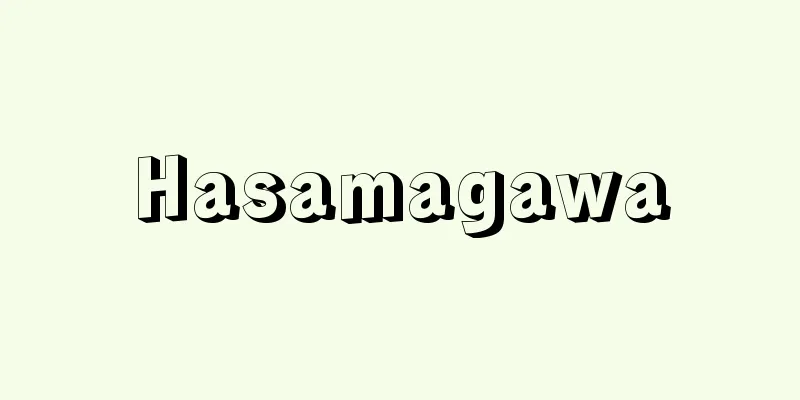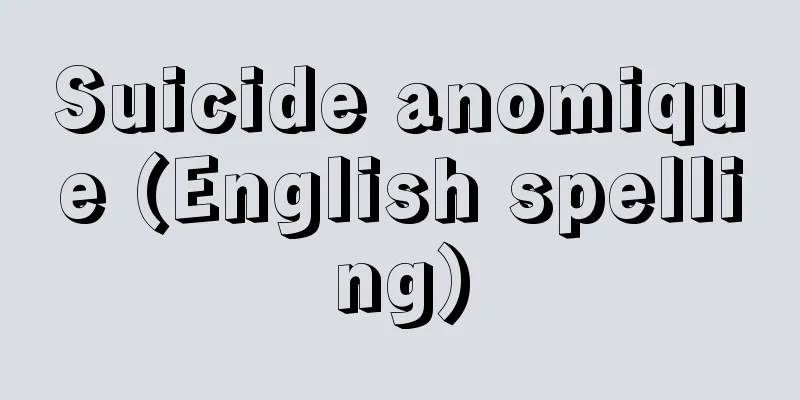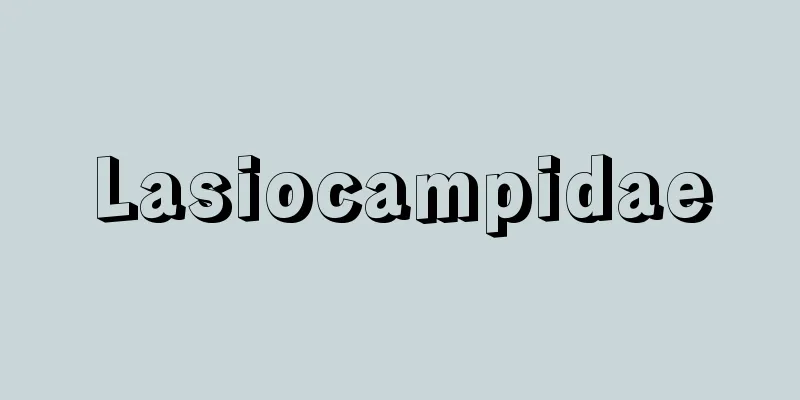Most-favoured-nation treatment

|
In commercial treaties and agreements, this means that a country will not treat a third country worse than it treats it treats in trade and tariffs. The clause that stipulates this is called the most-favoured-nation clause. This clause guarantees that the other country will not suffer any disadvantage compared to a third country, either now or in the future. However, preferential tariffs and customs unions have traditionally been recognized as exceptions to this clause (for example, Article I (General Most-Favoured Nation Treatment), Clause 2 of the GATT 1947). There are also unconditional most-favoured-nation clauses and conditional most-favoured-nation clauses. The former grants the benefit given to a third country to the other country without any counter-performance, while the latter does not grant the benefit to the other country unless the third country provides a counter-performance similar to that provided in receiving the benefit. The most-favoured-nation clause was adopted in the late 17th century, when mercantilism was at its peak, and it is said to have been close to an unconditional form. The conditional most-favored-nation clause was first adopted by the United States in the late 18th century (the 1778 Treaty of Amity and Commerce of the United States). It is also called the American clause because it was often adopted by countries on the American continent. A typical example of the unconditional most-favored-nation clause is the Anglo-French Treaty of Amity and Commerce concluded in 1860. It is also called the European clause because it was widely adopted by countries on the European continent. The United States adopted a conditional principle for about 150 years since the 1778 Treaty of Amity and Commerce of the United States, but switched to an unconditional principle with the Treaty of Amity and Commerce of Brazil concluded in 1923. GATT, which was established after the Second World War with the aim of realizing freer trade on a global scale, and the World Trade Organization (WTO), which was established in 1995 as a successor to GATT, adopt an unconditional stance and are operated based on two basic principles: most-favored-nation treatment and free trade (prohibition of trade restrictions and reduction of tariffs). [Kisuke Tanaka] “ Trade Policy Theory, Volume 2” by Kinnosuke Hiraoka (1956, Kobunsha), expanded edition (1959, Kobunsha) ” [References] | |Source: Shogakukan Encyclopedia Nipponica About Encyclopedia Nipponica Information | Legend |
|
通商条約や通商協定において、ある国が第三国に貿易や関税面などで与えている待遇よりも悪い待遇を相手国にしないことを意味する。これを規定した条項を最恵国条項(または最恵国約款)most-favoured-nation clauseという。この条項により相手国は現在および将来において、第三国に比して不利益を受けるおそれのないことが保障される。しかし、特恵関税や関税同盟などは従来この条項の例外として認められている(たとえば1947年ガット第1条〈一般的最恵国待遇〉第2項)。また、この条項には無条件最恵国条項と条件付最恵国条項とがある。前者は、第三国に与えた利益をなんらの反対給付なしに相手国に与えるものであり、後者は、第三国が利益を受けるについて提供したと同様な反対給付のない限り、相手国にその利益を与えないというものである。最恵国条項は重商主義の最盛期であった17世紀後半から採用されていたが、それは無条件の形態に近いものであったといわれる。条件付最恵国条項は18世紀後半になってアメリカにより初めて採用されている(1778年の米仏通商条約)。これはアメリカ大陸諸国で採用されることが多かったのでアメリカ条項ともいわれる。これに対する無条件最恵国条項の典型的なものとして、1860年に締結された英仏通商条約がある。これはヨーロッパ大陸諸国で広く採用されたのでヨーロッパ条項ともいわれる。アメリカは1778年の米仏通商条約以来、約150年の間、有条件主義をとっていたが、1923年に締結したブラジルとの通商条約から無条件主義に転向している。第二次世界大戦後、世界大の規模において、より自由な貿易を実現することを目的として成立したガットやガットを継承して95年に発足したWTO(世界貿易機関)は無条件主義の立場をとり、これに基づく最恵国待遇と自由貿易(貿易制限の禁止と関税の引下げ)との二つを基本原則として運営されている。 [田中喜助] 『油本豊吉著『貿易政策大系』増補版(1959・広文社)』▽『平岡謹之助著『貿易政策論 下巻』(1956・有斐閣)』 [参照項目] | |出典 小学館 日本大百科全書(ニッポニカ)日本大百科全書(ニッポニカ)について 情報 | 凡例 |
<<: Asset accumulation system - Zaikeiseido
Recommend
Ciliocincta akkeshiensis (English spelling) Ciliocinctaakkeshiensis
...They parasitize the kidney sacs of squids and ...
Usunoki - Usunoki
A deciduous shrub of the Ericaceae family (APG cl...
Ishiyakata
...The entrance is closed with slabs of stone or ...
Bahcesaray (English spelling)
…1430-1783. Capital city: Bahçesaray. In 1475 it ...
House moth - Smerinthus planus
An insect of the Lepidoptera family, Sphingidae. I...
Piranga olivacea (English spelling)
…[Nakamura Toru]. … *Some of the terminology that...
Space station - Uchuusuteishon (English spelling) space station
A manned space facility for conducting research a...
caught in the act - caught in the act
A person who is currently committing or has just ...
Elliptically polarized light
…On the other hand, if circularly polarized light...
Manx - Manx (English spelling)
A Gaelic language. It is spoken on the Isle of Man...
Century egg (pi-dan) - Century egg (English spelling) pi-dan
A typical Chinese dish, this is a type of processe...
Peronella japonica (English spelling) Peronella japonica
...It is found south of Sagami Bay, living at dep...
MGM - Megane
A long-established American film company. Metro-G...
Blade
…They often have appendages such as hairs or scal...
L'Aquila (English spelling)
L'Aquila is the capital of the Abruzzo region ...









